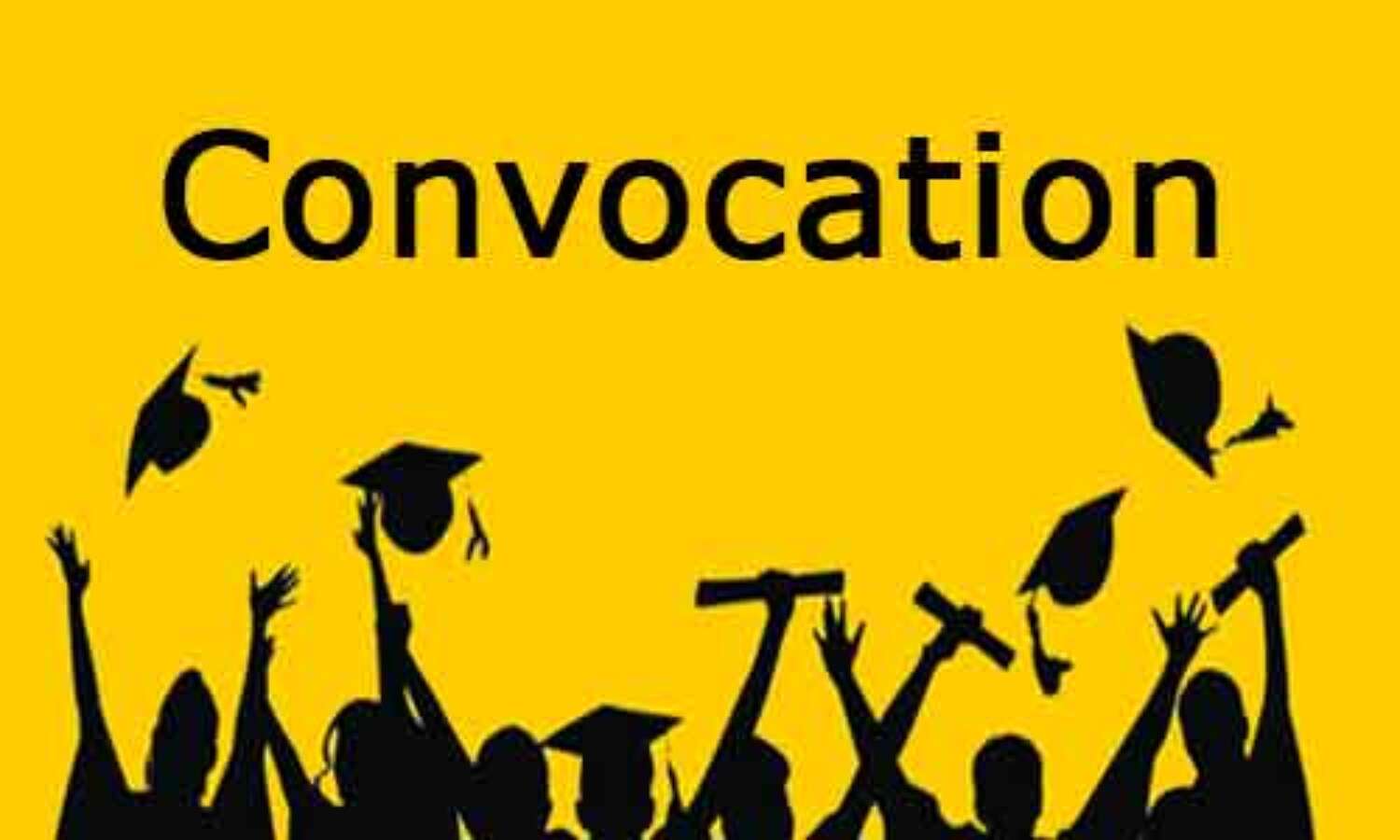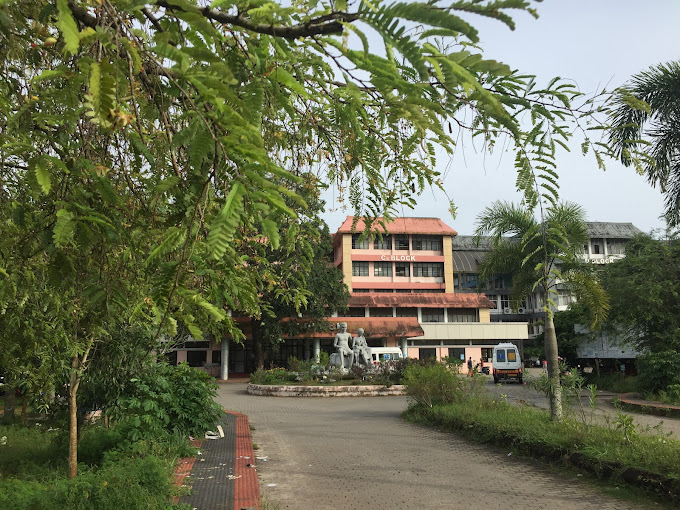FIFTEENTH CONVOCATION OF THE GGSIPU
The approaching 15th Convocation of the University has been announced by Guru Gobind Singh Indraprastha, New Delhi. This esteemed occasion seeks to honour and commemorate the achievements of the students who successfully complete their programmes in 2022 and are qualified to receive a Gold Medal and Certificate of Merit.
In order to administer exams and assess student achievement, Guru Gobind Singh Indraprastha University’s Examination Division is essential. It makes sure that the examination process runs without a hitch, from the release of exam schedules through the announcement of results. In accordance with the policies and regulations of the institution, the division is in charge of upholding the honesty and fairness of the evaluation process.
For the graduating students, the 15th Convocation of Guru Gobind Singh Indraprastha University is a significant event. It provides a venue for recognising their effort, commitment, and academic prowess throughout their time at the university. Students have the chance to receive their well-earned Gold Medals and Certificates of Merit, which represent their exceptional accomplishments, during the convocation event.
Essential Dates and the Schedule
On June 6, 2023, Guru Gobind Singh Indraprastha University will hold its 15th Convocation. A selected location on the university campus will serve as the ceremony’s location. The concerned students will be informed of the exact times and comprehensive schedule of the convocation by a variety of means, including email, phone, and home addresses. The students must follow the developments and be up to date on the convocation events.
After taking into account the objections and discrepancies, the final list of students determined to be qualified for the award of the Gold Medal at the upcoming 15th Convocation of the University is provided herewith. Students who successfully finish the program’s requirements in 2022 are entitled to receive the Certificate of Merit and Gold Medal (see Annexure “A”). Students who are selected are urged to frequently check the university’s website for changes in this respect.
15 students are studying medicine out of a total of 88 students on the list. The list includes a variety of courses given by the institution, including the following medical courses:
Doctor of Medicine (Psychiatry)
Master of Surgery (Orthopedics)
Master of Surgery (General Surgery)
Master of Surgery (Obstetrics & Gynecology)
Master of Surgery (Otorhinolaryngology)
Doctor of Medicine (Radiodiagnosis)
Doctor of Medicine (General Medicine)
Doctor of Medicine (Pediatrics)
Doctor of Medicine (Pathology)
Doctor of Medicine (Dermatology)
Doctor of Medicine (Anesthesiology)
MCh Plastic & Reconstructive Surgery
Post Basic Bachelor of Science Nursing
Bachelor of Ayurvedic Medicine and Surgery (BAMS)
Master of Science (Yoza)
Bachelor of Science (Medical Laboratory Technology)
Bachelor of Physiotherapy
Bachelor of Audiology and Speech-Language Pathology
Bachelor of Dental Surgery (BDS)
Bachelor of Homeopathic Medicine and Surgery (BHMS)
Bachelor of Medicine and Bachelor of Surgery (MBBS).
Eligibility for Gold Medal and Certificate of Merit
Students must fulfill specific requirements established by Guru Gobind Singh Indraprastha University in order to qualify for the renowned Gold Medal and Certificate of Merit. By meeting these standards, it is ensured that the beneficiaries have excelled in their academic work and effectively completed the demands of their particular programmes. The following are the requirements for the Gold Medal and Certificate of Merit:
Academic Excellence: Throughout their course of study, students must have demonstrated great academic achievement. This involves continually performing well on coursework, assignments, and tests while maintaining a high cumulative grade point average (CGPA).
Programme completion: Students must have satisfactorily completed all programme requirements within the allotted time limit. This entails obtaining all the requisite credits, participating in all required classes, and finishing any required internships or practical training.
No Disciplinary Issues: Throughout their time at the university, students must have been discipline-free. They may not be eligible for the Gold Medal and Certificate of Merit if they engage in misbehavior or violate the university’s code of conduct.
Full-time Enrollment: Throughout the course of their programme, students had to be registered as full-time students. These honours might not be available to part-time or online students.
Good Standing: Students must be in good academic and financial standing with the university. In other words, they shouldn’t have any unpaid fees, overdue bills, or unsolved academic concerns.
Faculty evaluation: A committee made up of faculty members from the relevant departments makes the ultimate judgment about the award of the Gold Medal and Certificate of Merit. The committee assesses a student’s performance in the classroom, overall accomplishments, and services to the university community.
Students should be aware that fulfilling the requirements does not ensure they will automatically receive the Gold Medal and Certificate of Merit. Only the top-performing students who actually exhibit distinction in their academic pursuits will be chosen for the limited number of awards.























